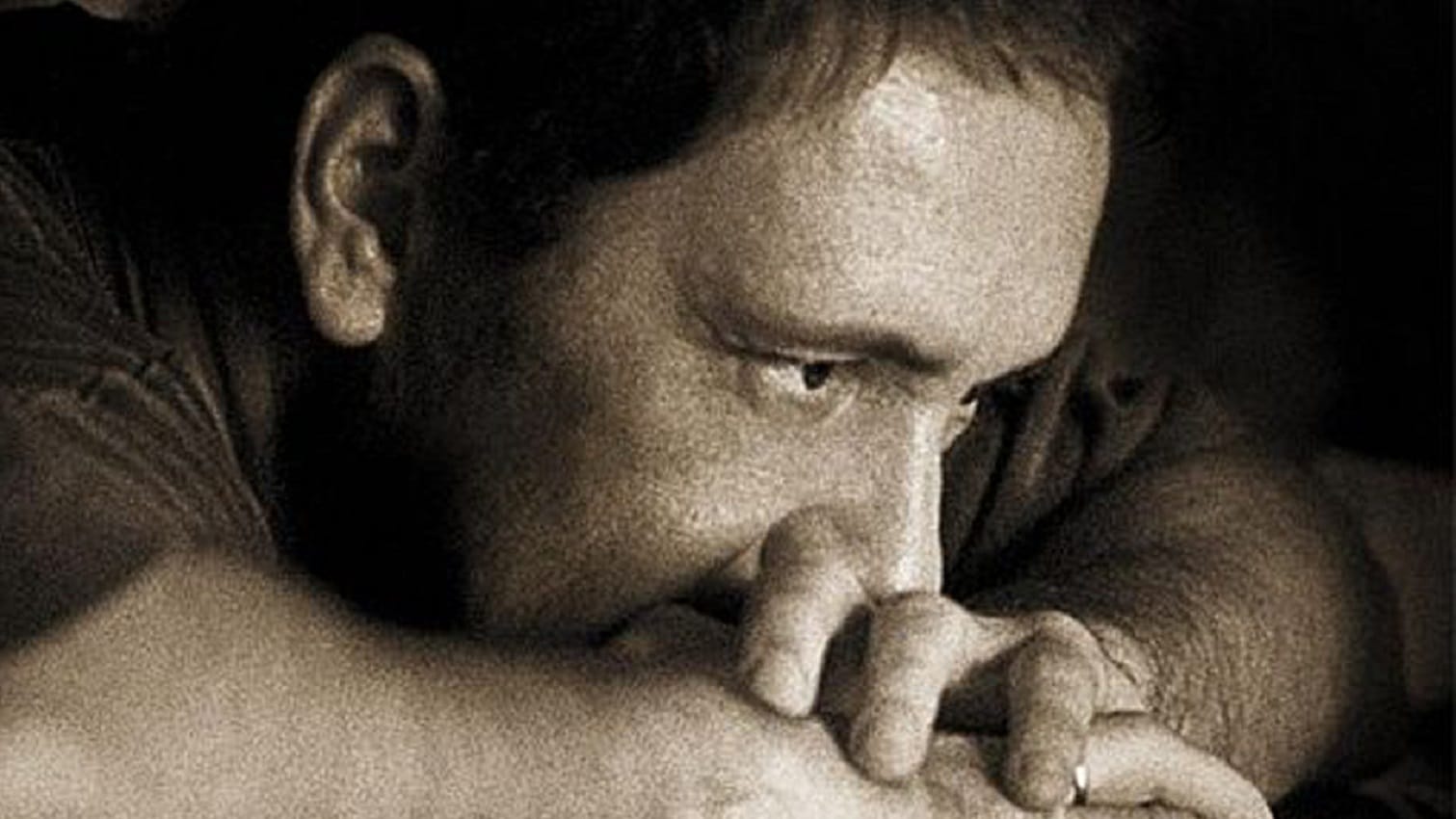
The Life of David Gale essay
The film “The Life of David Gale” directed by Alan Parker is co-produced with Nicolas Cage and has brilliant actors such as Kevin Spacey and Kate Winslet starring in it. The film actually is a story of a Texas professor’s life that changed unexpectedly as he from a gifted lecturer of Austin University and a writer of standing reputation turns into a convict who awaits execution. He who all his life opposed capital punishment and was an active member of the local organization working against death penalty is accused of murdering his fellow-abolitionist, best friend Constance Harraway and sent to death row. A reporter Bitsey Bloom and her assistant Zack Stemmons have a few days to solve the mystery of Gale’s life who wants them to re-investigate his case and find a true murderer and rapist: “No one who looks through that glass sees a person. They see a crime”.
Together with the characters we trace the way the story developed into a crime as Gale confesses to Bitsey Bloom. The film uncovers an important issue of capital punishment inconsistency with fundamental values of any democratic society. A force that is viewed as not so powerful but, however, dedicated is represented by people who join the protest marches against death penalty. They claim that each human life is sacred and sentencing a person to death is robbing his family. It has always been interesting and flesh-creeping at the same time what a convict feels before his sentence is carried out. Truly what we see in the movie is that either a criminal or an innocent victim the key to whose freedom is lying out there thinks much of the life and death discovering the very essence of our existence. Gale concludes that death is a gift: “We spend our whole lives trying to stop death. Eating, inventing, loving, praying, fighting, killing… But what do we really know about death? But there comes a point in life… when your mind outlives its desires, its obsessions, when your habits survive your dreams, and when your losses…” Abruptly it becomes evident that he not occasionally tells his students that: “what it means to be fully human is to strive to live by ideas and ideals”. So he did. Gale goes as far as criminal complicity to acting in the interests of activists against the capital punishment. He believes that only making the society believe that innocent people are placed behind bars and sentenced to death may help to put an end with death penalty in the country.
The film definitely goes against death penalty and persuades that too many people may be convicted with crime and found innocent, though the sentence has been executed and there is no time and opportunity to set everything right and the way is lost forever. Numerous activists against capital punishment argue that it is an intolerable denial of civil liberties, it wastes resources. The process of investigation is more complex than any other criminal case procedure. It has already been proved that it does not make society a better place, its benefits are doubtful, as it does not deter crime. Death penalty is ranked as least effective in violent crime rate reduction.
According to the recent statistics fewer and fewer countries execute prisoners, still death penalty is not completely abolished yet. David Gale severely criticizes the system of capital punishment in the US, saying it has many drawbacks and virtually it does not work properly. It is hard to lay a case open for revision and consequently innocent people go on dying. If I were an activist of death penalty I would admit the imperfection of the system and I would never betray my idea of making this world a place where life is a matter of top priority and no legal proceedings lead to depriving a human of his life, a place where blind revenge never defeats reason.

